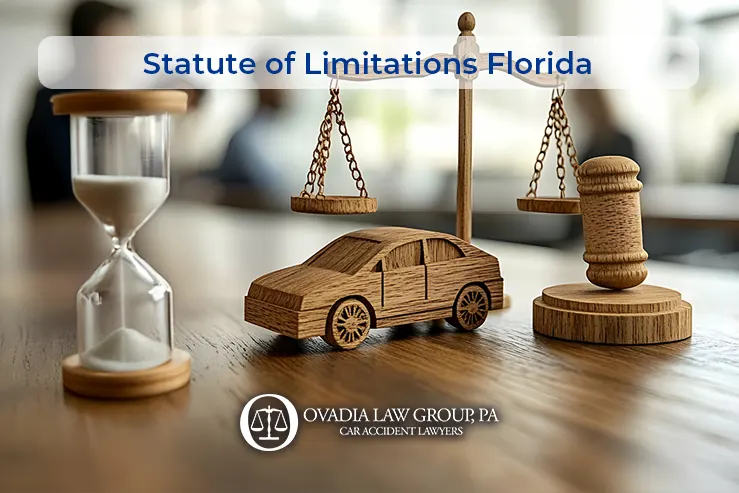Please use this free Rivermead Post Concussion Symptoms Questionnaire form available for download.
This form should be included in the initial packet for new patients if they were involved in a car accident or other type of physical trauma.
Did you know that brain injuries are the most undiagnosed injury at hospitals? Hospitals and other medical professionals do not properly diagnose brain injuries. In fact, most medical professionals ignore the obvious signs of a brain injury which can range from a mild concussion to more severe brain injuries because they simply don’t understand them. It is a lot easier to stitch an open head wound then to treat a brain injury. Common symptoms of a brain injury are headaches, dizziness, nausea, vomiting, sensitivity to noise and light, frustration, depression, and memory loss.
Change in Personality: The biggest sign of a brain injury is when friends and family tell the victim that “your personality has changed.” Relationships with friends and family are often severely impacted by the effects of a brain injury. Friends and family may thing the victim is “an asshole” or “rude” but the truth is they are suffering from an injury to the brain which may or may not be treatable.
Other Signs and Symptoms:
- Headache or a sensation of pressure in the head — the most common symptom of TBI
- Loss of or alteration of consciousness
- Blurred eyesight or other vision problems, such as dilated or uneven pupils
- Confusion
- Dizziness, feeling off-balance or the sensation of spinning
- Ringing in the ears
- Nausea or vomiting
- Slurred speech
- Delayed response to questions
- Memory loss
- Fatigue
- Trouble concentrating
- Continued or persistent memory loss
- Irritability and other personality changes
- Sensitivity to light and noise
- Sleep problems
- Mood swings, stress, anxiety or depression
- Disorders of taste and smell
Important Links:




